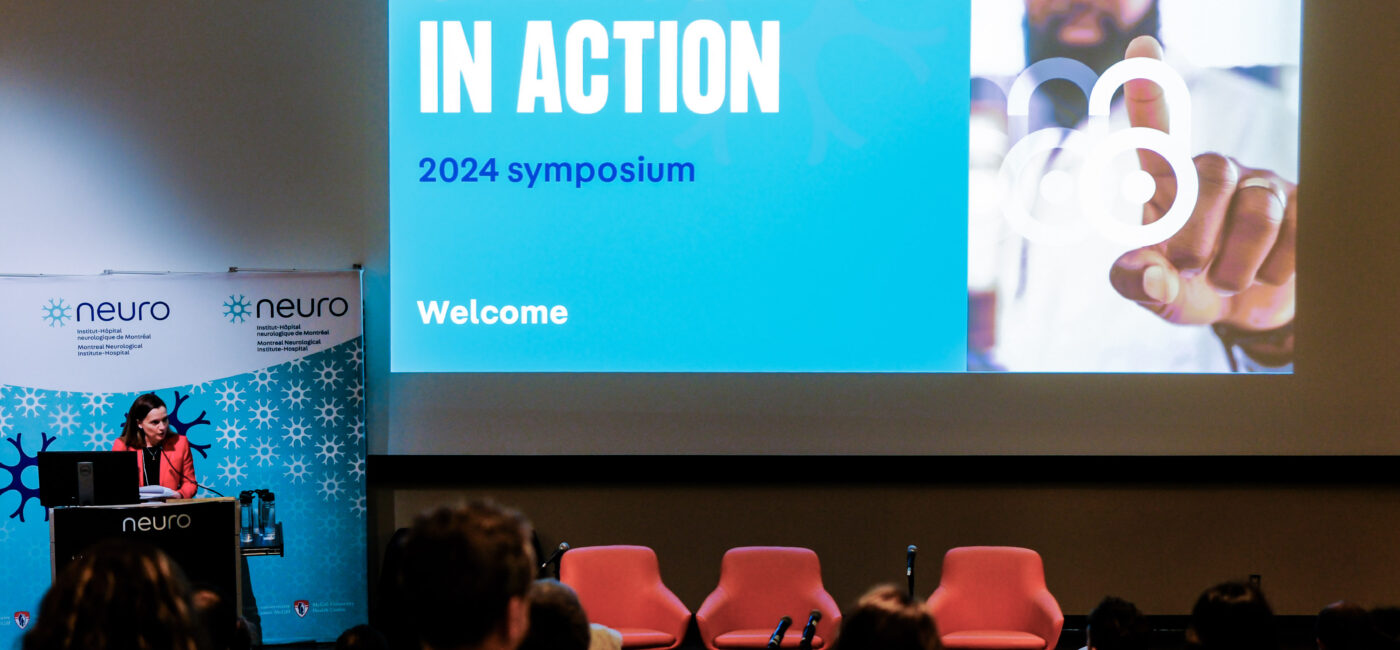Scientific research has undoubtedly become an integral aspect of human existence. It shapes our understanding of the world and drives advancements that impact nearly every aspect of life. With ongoing scientific efforts to combat diseases such as Alzheimer’s, breast cancer, and immune disorders, the demand for accessible data continues to grow, emphasizing the importance of Open Science for advancing scientific discovery.
Open Science is the practice of sharing data, information, tools, and research results. It accelerates discovery by enabling others to build on previously validated research.
On Nov. 7, the Montreal Neurological Institute-Hospital (The Neuro) hosted its sixth annual Open Science in Action Symposium, aiming to highlight the practical implementation of Open Science across all stages of the research lifecycle. The event emphasized areas where the adoption of Open Science remains limited, such as data acquisition in laboratories.
The symposium commenced with a compelling presentation on Open Science by keynote speaker, Ed Lein, a senior investigator at the Allen Institute for Brain Science.
Allen Institute and their open science commitment
Lein strives to enhance the accessibility of science to promote collaboration, team cohesion, and address any potential accessibility barriers in current research methods.
“The aim here is to create resources that can be catalytic much, much beyond our walls. Our core principles really are picking big impactful problems in current health issues and helping researchers tackle the complexities in biology,” Lein said.
The keynote lecture then addressed the Allen Institute’s Open Science commitment as a transformative force within neuroscience and beyond. The Allen Institute’s approach is rooted in an ethos of early data sharing, which is a central focus of the institute. This guiding principle facilitates democratic access to research findings and accelerates progress in scientific discovery by making complex datasets readily accessible to the broader community.
The Development of a Brain Cell Atlas and technological advancements
The remainder of the discussion centered on initiatives, featuring the Allen Institute’s Brain Cell Atlas project.
This ambitious project involves cataloging the vast diversity of brain cells, understanding their unique properties, and mapping their spatial organization across different brain regions.
“We now have a complete cell atlas of the mouse brain, and we’re able to get a first draft in humans,” Lein highlighted.
The Brain Cell Atlas uses a technique called single-cell transcriptomics to differentiate various brain cell types. By examining the transcriptome, which encompasses all messenger molecules, this process pinpoints the active genes within each individual cell. This data allows scientists to group cells into categories based on their gene expression profiles, providing insights into their specific functions and identities. By analyzing these profiles, researchers can identify specific cell types and their roles in brain function and disease.
While single-cell transcriptomics provides a “who’s who” of brain cells, spatial transcriptomics shows where these cells are located within the brain’s complex architecture. By pinpointing the location of each cell type, scientists can understand brain structure, cellular interactions, and cellular arrangements in different areas of the brain.
Developing the Brain Cell Atlas relies on integrating enormous datasets generated from advanced techniques. The Allen Institute uses sophisticated computational tools and machine learning to analyze and synthesize this data, allowing them to build a coherent map of the brain’s cellular landscape. This integration of vast datasets is essential for making connections between cell types in animals and humans, brain structure, and cognitive function.
“By focusing our sampling efforts, we’ve been able to identify and map over three thousand distinct human cell types, capturing their complex interactions within a comprehensive database,” Lein said.
Through its commitment to transparency, the Allen Institute has emerged as a leader in Open Science, especially in neuroscience, where complex data often challenges traditional research approaches. Embracing this openness not only enhances collaboration but also accelerates discovery, setting a new standard for accessibility in scientific advancement.



